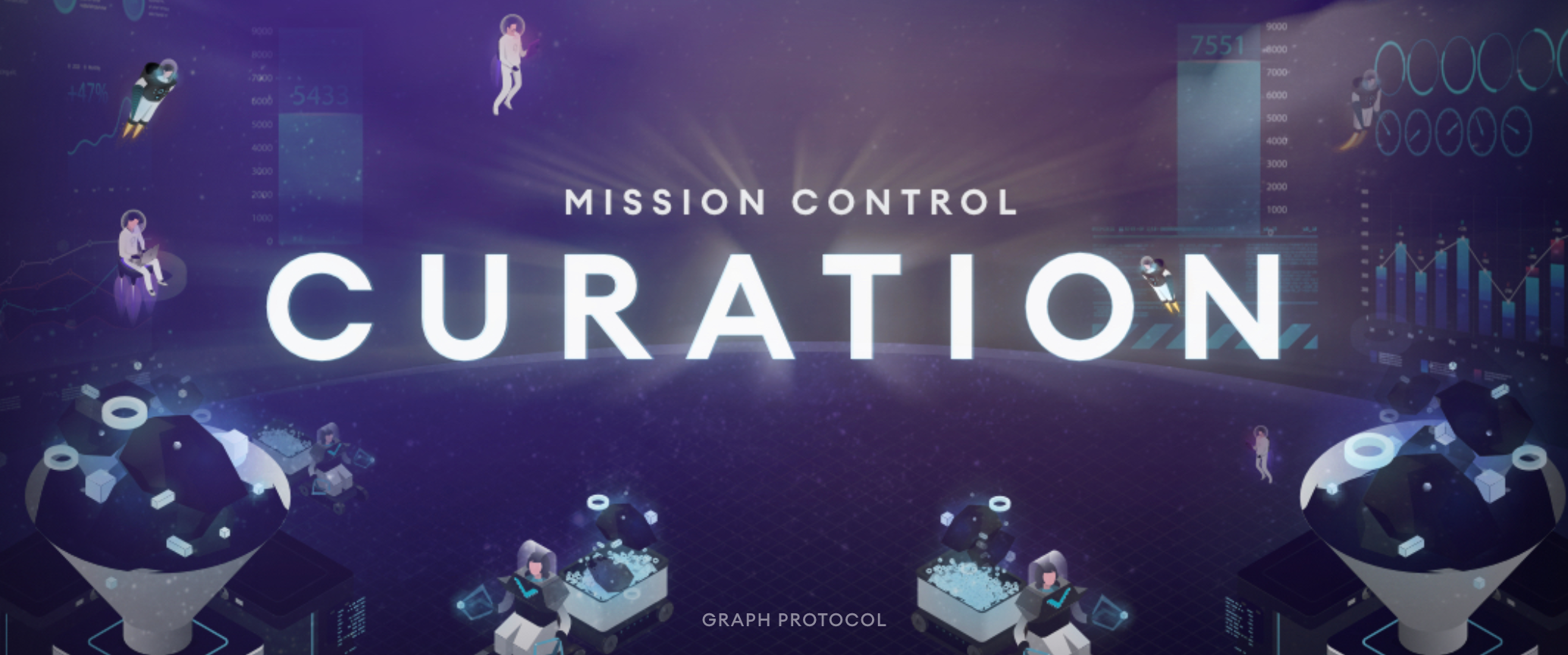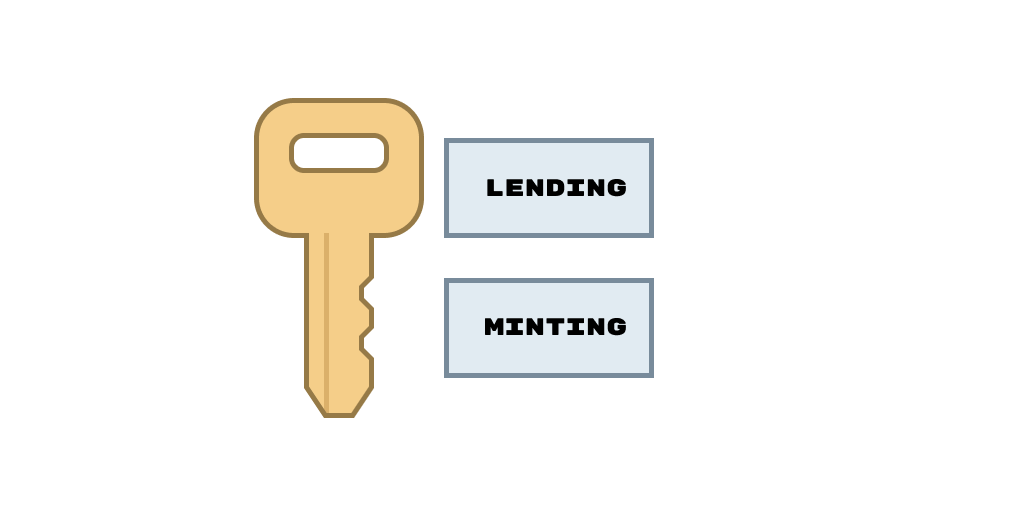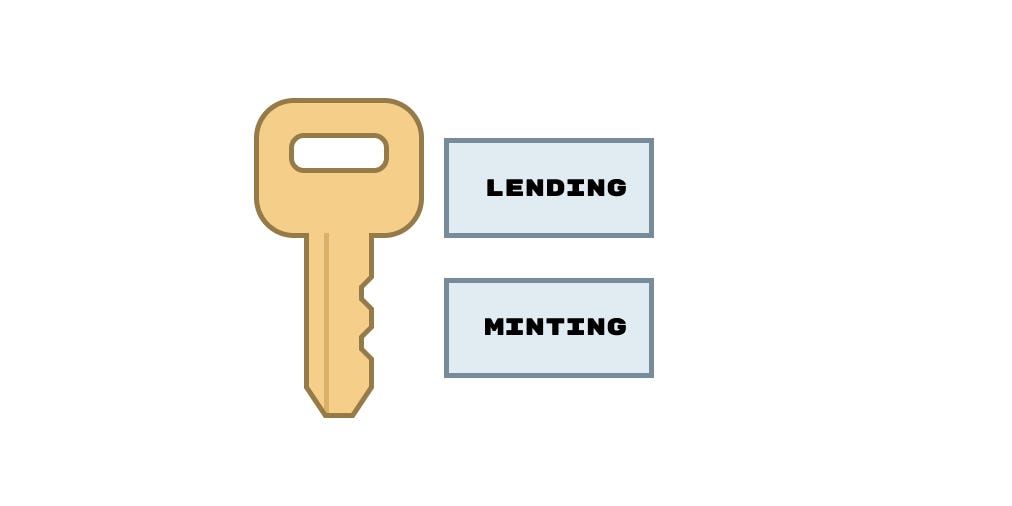Dear Bankless Nation,
The nature of work is evolving. It’s becoming more flexible than ever.
Commuting to sit in an office from 9am to 5pm is no longer required. Digital presence is now the primary and physical presence is the mirror.
So what’s next?
Can Ethereum be a driving force in the next evolution of work?
Brian thinks so. He thinks the future of work and education is on-chain. He thinks that your Ethereum address can be a much more trusted attestment of your skills.
Want to work at a fund? Ok…what’s the return on your Eth wallet?
Want to be a paid governance steward? Ok…how many governance proposals have you proposed…and which ones passed?
There’s no way to lie on a trust machine. An ETH address becomes a reputation.
If this sounds crazy, well…it might be. But we’re used to crazy aren’t we?
Let’s explore the future of work today.
- RSA
WRITER WEDNESDAY
Guest Writer: Brian Flynn, co-founder of Rabbithole
The Future of On-Chain Work and Education
We will work for multiple jobs across multiple networks.
In crypto today, tokens are distributed to users relative to the amount of money in their pockets because of the demand to create liquidity. While this is important, these token distributions don’t take into account how valuable an address might be to the protocol in the future.
Don’t get me wrong—finding unique ways to incentivize user-crowdsourced liquidity is critical for new projects building across the DeFi landscape. And sure, we earn airdrops based on our previous interactions with projects and protocols, but each user effectively receives a standardized payday, regardless of what their future contribution profile may look like. While important, we can and should go further.
What’s missing today are more tailored ways for individuals to provide value to projects and protocols. One example is signaling valuable information. We see early indications of this in networks like Yearn. There, strategists are incentivized to continue creating unique strategies for vaults, and if a strategy is implemented, a strategist will be entitled to a portion of the strategies’ future profits.
On other networks like The Graph, users can engage in multiple roles to help power the network, with Curators being one such example. Anyone can become a Curator, a role which helps solve the problem of identifying quality subgraphs on the network.
This unique role is one of the first types of on-chain jobs that, through incentives, helps signal valuable information in an open web.
We are moving to an era where more value, data, and markets will be on-chain, including tokenized media, prediction markets, and open datasets for machine learning algorithms.
In this new digital economy, all of one’s past work will be shown on-chain. Individuals can build a reputation around their Ethereum wallet address or through a decentralized identity, and demonstrate proven past on-chain behavior.
This will create a new kind of resume native to the digital economy.
The Rise of Skilled Work
If we are to have users of all kinds of backgrounds and profiles engaging with decentralized networks in the future, we need a native way to train users how to engage with this kind of work. The trade school model is instructive. While purely academic programs focus on testing students with theoretical exercises, trade schools focus on building hands-on skills and experience directly related to a specific employment opportunity.
The Graph’s “Curator Program” is one simple example that mirrors the skills-based training of trade schools.
The Graph provides Curators with different missions to level up their skills and teach them how to be a Curator for the network. Projects can take this one step further by creating a syllabus for on-chain smart contract interactions, tailoring specific syllabi to distinct groups of future protocol workers.

Taking this example further—imagine if you earned a “Curator NFT” for completing hundreds of curation-based smart contract interactions on The Graph.
That NFT might entitle you to future token distributions for networks that require a similar level of curatorial expertise, because you’ve performed well in The Graph’s network of curators. It is effectively a certifying credential, much like a diploma works today.
Alternatively, what if a project or protocol demanded skilled predictions or trading?
Imagine a next-generation asset management DAO built on Enzyme. The asset manager might only employ future traders based on their on-chain performance of their address or past on-chain protocol work experience—without regard to the trader’s geography, off-chain education, or real world identity.
Numerai, which runs weekly data science tournaments, is another instructive example.
Each week individuals submit machine learning models to predict the stock market and stake NMR based on the confidence of the model. Each users’ payout depends on the amount of NMR staked, and the accuracy of the model. But what if strong performance in these weekly tournaments also included a verifiable credential granting ongoing membership in a decentralized hedge fund?
As more types of on-chain behavior moves on chain, protocols will use this history to create unique incentives for skilled protocol work. The combinations are limited only by the new opportunities unlocked with on-chain labor.
The New On-Chain University
If the future of work is on-chain, then our wallet address is a proxy for our resume. For many, the concept of universities and degrees will be a thing of the past. So might formal interviews, with questions like: “tell me about your biggest weakness.”
Your transaction history is objective. It will tell a more relevant, transparent story to the work required.
Our on-chain behavior will not only serve to increase the amount of money in our wallet, but to increase our reputation. Reputation will unlock all kinds of access, including exclusive token distributions, skill-based work opportunities, and social memberships.

An individual’s early on-chain reputation, even one without previous work history, could even serve as the base for entry into more sophisticated on-chain education programs—an evolution of Lambda School and ISAs.
Income Share Agreements are hard to enforce off-chain, but natural on-chain. A standardized digital format, in concert with a trust-minimized environment, allows our obligations, identities, assets, loan histories, and future cash flows to be packaged and parceled in unique combinations to each of us.
Today, we need an easy way to show all kinds of future on-chain contributors the different ways to participate in this new paradigm. For starters, the clearer projects can define these different roles, the easier it will be for users of different skill sets to start getting involved. These roles will shift and shape over time, but unique on-chain training programs can be installed that optimizes for potential contributions around these roles.
The Job Market: Infinite Jobs & Infinite Possibility
Today, interacting with smart contracts might entitle you to a token airdrop. In the future, interacting with smart contracts gives you a rich history that could unlock new work opportunities. These future opportunities are open bounties, reserved for bounty hunters that satisfy the right set of skills.
To unlock these bounties, you will need to show an extensive history of skilled on-chain labor. This will be the way we prove our ability to steward the networks of the future.
Sounds a bit like science fiction? Maybe.
But it’s where crypto is heading. Many of us will likely work for multiple networks simultaneously, instead of full-time at one specific job. We’ll work when we want, for whom we want, from wherever we want.
That’s the future of work—a new digital economy built on merit-based behavior.
Turning speculation into participation
At RabbitHole, we’re just getting started unlocking the potential for this new digital economy.
We’re building for the future of work, where access to employment is fairly distributed and available to anyone who can meaningfully contribute. Future network stewards will receive the training necessary to perform the right tasks, and qualify for the next opportunity.
It’s time for us to start building a better compass.
It’s time for us to come together to train crypto’s long-tail of future workers.
It’s time for our networks to engage their community owners and stewards.
Because we all know this is a rabbit hole worth going down.
Action steps
- Think about your ETH address as an onchain resume
- Jump down the rabbit hole, collect badges, govern, use DeFi
Author Bio
Brian Flynn is the co-founder & CEO of RabbitHole, a platform to teach users about the latest cryptonetworks while earning ownership in them. Brian was previously at Dapper Labs focused on user & developer growth. He also writes a newsletter on the latest web3 trends called Jamm Session.
